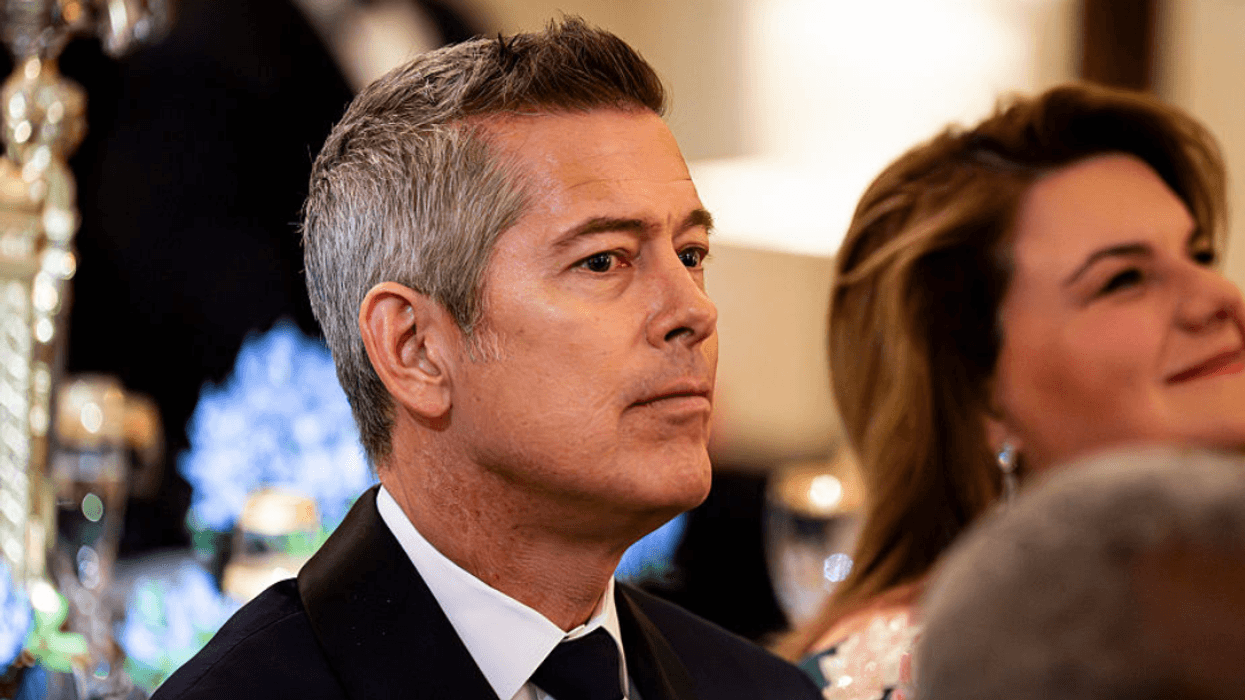CNN anchor Sara Sidner ended her broadcast on CNN News Central Monday morning with a sobering announcement: she has been diagnosed with stage 3 breast cancer.
When she made her announcement, Sidner asked viewers to think of eight women they know, adding:
“Statistically, one of them will get or have breast cancer. I am that one in eight in my friend group. I have never been sick a day in my life. I don’t smoke, I rarely drink."
"Breast cancer does not run in my family. And yet, here I am with stage 3 breast cancer. It is hard to say out loud.”
Noting that she is in her second month of chemotherapy treatment and has plans to undergo radiation and get a double mastectomy, she told viewers that stage 3 breast cancer "is not a death sentence anymore for the vast majority of women."
You can hear what she said in the video below.
CNN's Sara Sidner makes emotional announcement about her healthyoutu.be
Sidner also shared a sobering statistic:
“If you happen to be a Black woman, you are 41% more likely to die from breast cancer than your white counterparts. So to all my sisters, Black and white and brown out there, please, for the love of God, get your mammograms every single year."
"Do your self-exams. Try to catch it.”
She concluded:
"I have thanked cancer for choosing me."
I’m learning that no matter what hell we go through in life, that I am still madly in love with this life, and just being alive feels really different for me now. I am happier because I don’t stress about foolish little things that used to annoy me. And now, every single day that I breathe another breath, I can celebrate that I am still here with you.”
Writing on X, formerly Twitter, Sidner urged women to "Please for the love of God get your mammograms and do your self exams," adding that she wants them to "thrive."
Many appreciated her message and sent her their best wishes.
According to the World Health Organization (WHO), in 2020 global breast cancer diagnoses reached 2.3 million among women, leading to 685,000 deaths.
By the end of the same year, approximately 7.8 million women worldwide were living with a breast cancer diagnosis from the previous five years, marking it as the most prevalent cancer across the globe. Breast cancer, affecting women post-puberty, appears universally and demonstrates increased incidence in older age groups.
Over several decades from the 1930s to the 1970s, breast cancer mortality rates remained relatively stagnant. This period primarily relied on surgery (such as radical mastectomy) as the main form of treatment.
However, advancements in survival rates emerged in the 1990s with the introduction of early detection programs for breast cancer. These initiatives, coupled with comprehensive treatment approaches incorporating effective medical therapies, notably improved outcomes for affected individuals.














 Reset Era
Reset Era r/WorkReform/Reddit
r/WorkReform/Reddit r/WorkReform/Reddit
r/WorkReform/Reddit Reset Era
Reset Era Reset Era
Reset Era r/WorkReform/Reddit
r/WorkReform/Reddit Reset Era
Reset Era r/WorkReform/Reddit
r/WorkReform/Reddit Reset Era
Reset Era r/WorkReform/Reddit
r/WorkReform/Reddit Reset Era
Reset Era Reset Era
Reset Era r/WorkReform/Reddit
r/WorkReform/Reddit Reset Era
Reset Era r/WorkReform/Reddit
r/WorkReform/Reddit Reset Era
Reset Era r/WorkReform/Reddit
r/WorkReform/Reddit
 @SecDuffy/X
@SecDuffy/X

 @WhiteHouse/TikTok
@WhiteHouse/TikTok @WhiteHouse/TikTok
@WhiteHouse/TikTok @WhiteHouse/TikTok
@WhiteHouse/TikTok @kevdsmith/X
@kevdsmith/X